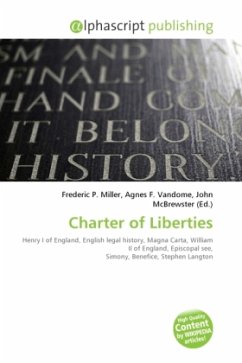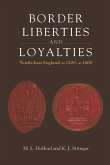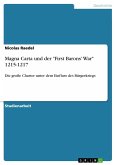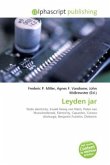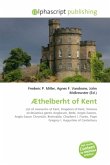High Quality Content by WIKIPEDIA articles! The Charter of Liberties, also called the Coronation Charter, was a written proclamation by Henry I of England, issued upon his ascension to the throne in 1100. It sought to bind the King to certain laws regarding the treatment of church officials and nobles. It is considered a landmark document in English legal history and a forerunner of Magna Carta. The document addressed abuses of royal power by his predecessor, his brother William Rufus, as perceived by the nobility, specifically the over-taxation of the barons, the abuse of vacant sees, and the practices of simony and pluralism. The charter of liberties was generally ignored by monarchs until in 1213 Archbishop Langton reminded the nobles that their liberties had been guaranteed over a century prior in Henry I's Charter of Liberties. Henry I of England, nicknamed Beauclerk, was the fourth and youngest son of William the Conqueror by his queen Matilda of Flanders. The name Beauclerk was given because Henry was well educated, being able to read and write Latin, and possessed a knowledge of English law and natural history

